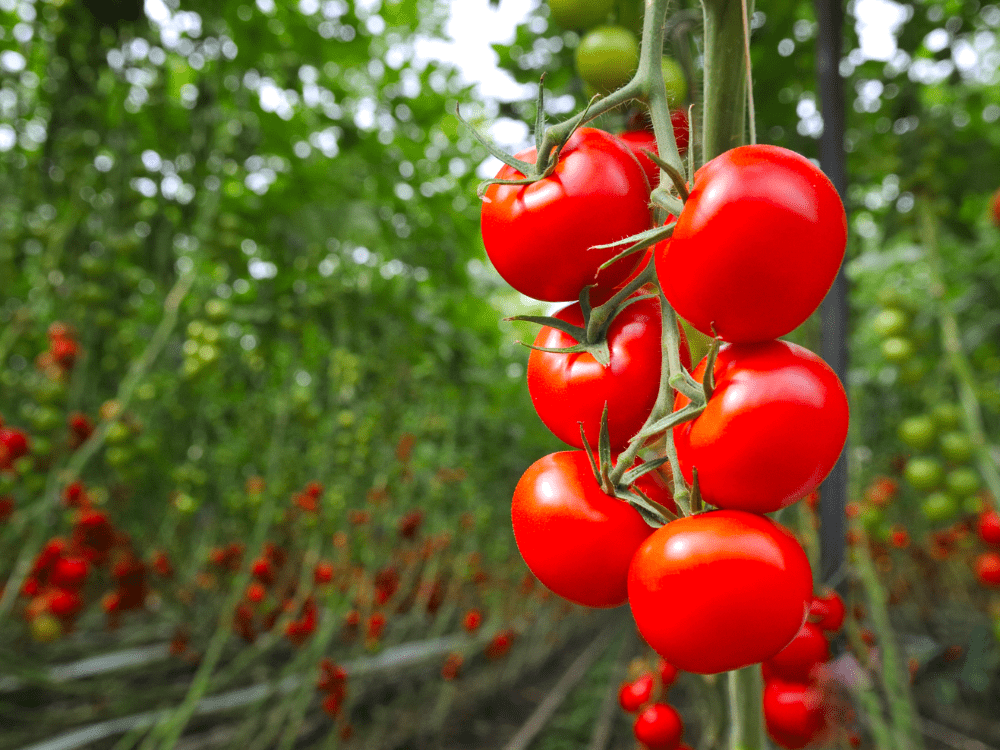- Specialist investor Cibus Capital has announced the close of its second mid-market private equity fund, Cibus Fund II, with more than $510 million in commitments.
- The firm also closed its second venture fund, Cibus Enterprise Fund II, with over $135 million in commitments.
- A mix of new and returning investors participated across both portfolios, including “major institutional investors,” according to Cibus.
- AgFunderNews has reached out to Cibus for comment and will update this story accordingly.

Why it matters:
Founded in 2016, Cibus invests primarily into food and agriculture companies contributing to more efficient, less resource-intensive food production, from farming methods to ingredients to packaging. The firm looks for companies with operating models, technologies and access to natural resource inputs that give them a competitive advantage in an ever-crowded agrifoodtech space.
To date, Cibus says it has raised more than $1 billion through its venture and private equity investment strategies.
Its venture portfolio includes, among others, ag robotics companies Burro and Ecorobotix, pollination tech startup BeeHero, and a number of alternative protein and ingredient companies. Gordon Ramsey-backed Borealis Foods, part of Cibus’ venture fund and which makes a “clean-label” ramen, just recently debuted on the Nasdaq.
Via its private equity portfolio, Cibus is building out The Flavour Farm, which the firm’s head of agriculture Jason Slim calls “a pan-European platform focused on fresh produce self-sufficiency.” Cibus Fund II recently acquired Duijvestijn Tomaten BV as part of its strategy to build out The Flavour Farm.
The Cibus strategy has also invested in M21, which develops synthetic pheromones for crop protection, and cell-grown plant producer Alba Trees, amongst others.
Cibus says the new fundraise attracted a mix of new and returning investors such as the Los Angeles County Employee Retirement Association and Australia profit-to-member super fund Retail Employees Superannuation Trust.




